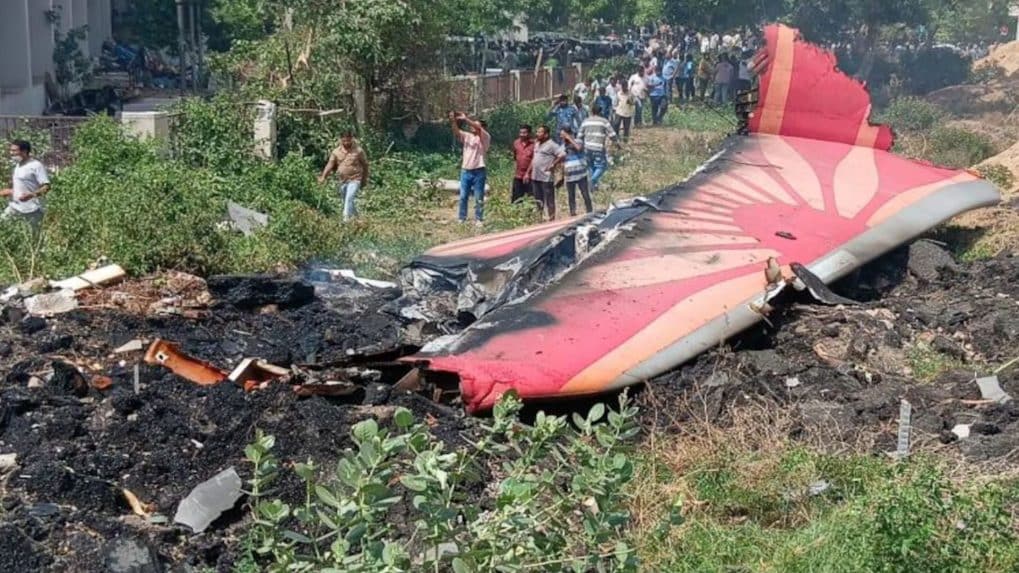Families of Air India crash victims sue Boeing, Honeywell over alleged faulty fuel switches
Lawsuit filed in Delaware (USA) accuses manufacturers of negligence.
ADVERTISEMENT
The families of four passengers who died in the June 12 crash of an Air India Boeing 787 have filed a lawsuit in the United States, alleging that faulty cockpit fuel switches were to blame for the tragedy that killed 260 people.
Read more: Passengers now check the plane, not just the price: Boeing’s safety and trust crisis hits India
The suit, lodged on September 16 in Delaware Superior Court, names Boeing- the aircraft manufacturer and Honeywell, which designed the fuel switches, as defendants. According to the plaintiffs, the switches were positioned in such a way that they could be inadvertently triggered during normal cockpit activity, cutting off fuel supply to the engines.
The families, as per a Reuters report, cite a 2018 advisory from the U.S. Federal Aviation Administration (FAA), which recommended- but did not mandate- that operators of Boeing 787s and other models inspect the locking mechanism of fuel cutoff switches to prevent accidental activation. India’s Aircraft Accident Investigation Bureau (AAIB) later noted in its preliminary report that Air India had not conducted these suggested inspections. Maintenance records showed that the aircraft’s throttle control module, which houses the switches, had been replaced in 2019 and again in 2023.
Read more: Air India - Ahmedabad crash probe preliminary report: Boeing issues statement
A cockpit voice recording from Flight 171 suggests the captain manually cut off fuel flow moments after the aircraft took off from Ahmedabad en route to London. Despite this, the AAIB report emphasized that “all applicable airworthiness directives and alert service bulletins were complied with” on the aircraft and its engines.
The plaintiffs, who are Indian and British citizens, seek unspecified damages for the deaths of Kantaben Dhirubhai Paghadal, Naavya Chirag Paghadal, Kuberbhai Patel and Babiben Patel.
The June 12 crash left 229 passengers, 12 crew members, and 19 people on the ground dead. Only one passenger survived.


